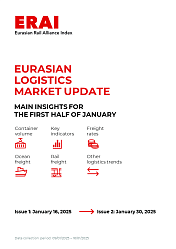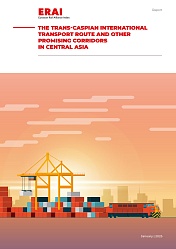Belarus is another important piece of the puzzle on the New Silk Road. For now, transit traffic through Belarus still seems possible. The sanctions mostly hit the export market of the country.
The sanctions on Belarus
«We will introduce restrictive measures against their most important sectors. This will stop their exports of products from mineral fuels to tobacco, wood and timber, cement, iron and steel.
More sanctions on Russia
In addition, more sanctions were announced on Russia over the weekend. Important Russian banks will be excluded from the SWIFT system, transactions of Russia’s central bank will be banned and all its assets will be frozen.
Impact on rail
Sanctions targeting the banking sector could impact rail freight traffic, as it could become difficult to do business with Russian companies involved in the supply chain. RZD logistics explained in RailFreight Fridays that it will need to see if this affects their business, and if needed, if they can change banks.
The exact impact fo these sanctions on the supply chain will be discussed in the webinar: Ukraine-Russia War Impact on Rail Freight, which we jointly organise with Nieuwsblad Transport on Tuesday 1 March. Registration is free of charge.
Earlier sanctions
On Friday night, the EU announced its first list of sanctions, targeting the financial sector, energy sector, transport sector, export controls and financing and finally, visa policy. At that point, it already noted that sanctions may be extended to Belarus.





